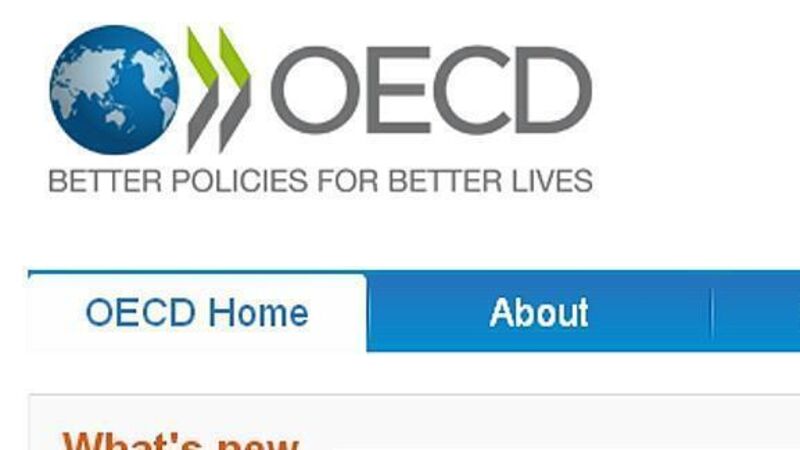OECD urges more stimulus as growth forecasts cut

The call adds to growing pressure on the eurozone, and the ECB in particular, to boost growth ahead of a meeting of finance ministers and central bankers from the G20 economic powers later this week in Australia.
Updating its growth forecasts for major developed economies, the Organisation for Economic Cooperation and Development projected growth in the eurozone at only 0.8% this year and rising only slightly next year to 1.1%.
















